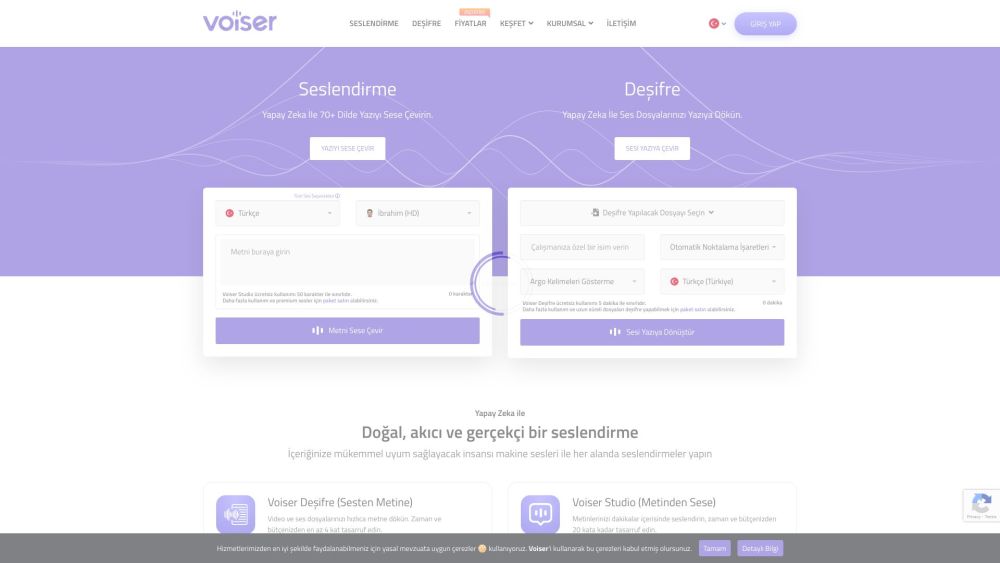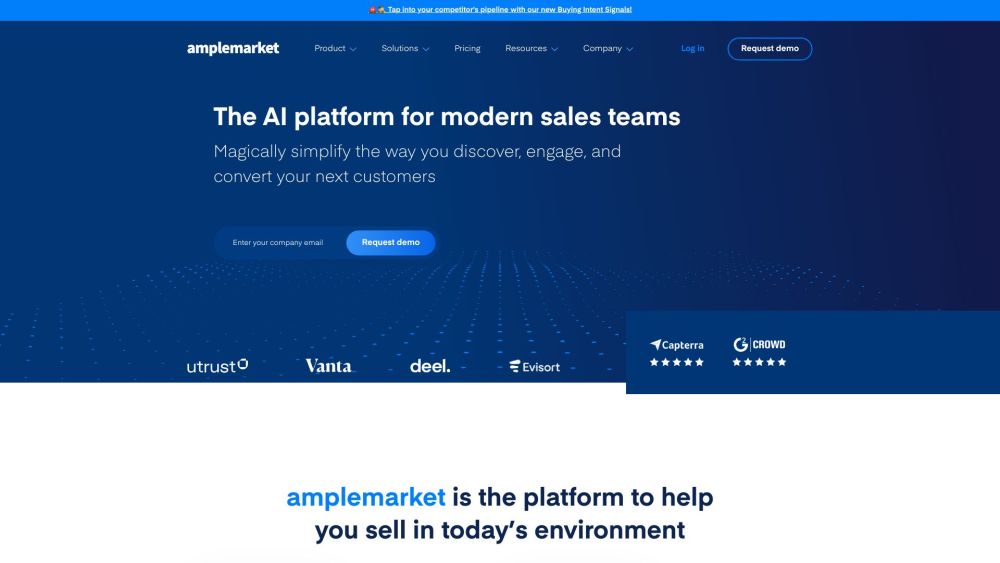Wordsmith: The Rising Scottish Legal Tech Startup Capturing Venture Capital Interest
Wordsmith, a budding legal tech startup based in Scotland, has caught the eye of two prominent venture capital firms. The company's innovative AI platform is designed for in-house legal teams and law firms, enabling employees across organizations to easily access legal support for tasks like contract reviews and answering document-related questions.
Founded in October 2022, this Edinburgh-based venture is spearheaded by Ross McNairn (CEO) and Robbie Falkenthal (COO), both former executives at TravelPerk, alongside CTO Volodymyr Giginiak, who has a solid engineering background with tech giants like Microsoft, Facebook, and Instagram. Just six months post-launch, Wordsmith boasts notable clients such as Trustpilot and is collaborating with DLA Piper, a significant player in the legal field.
This promising start has attracted significant attention from global venture capital firm Index Ventures, which led a $5 million seed round. General Catalyst and Gareth Williams, the founder and ex-CEO of the Scottish tech unicorn Skyscanner, also joined the investment.
The fact that a nascent Scottish startup has secured backing from VC firms that have invested in industry leaders such as Facebook, Slack, and Airbnb underscores both Wordsmith’s potential and the impressive backgrounds of its founders. Prior to TravelPerk, McNairn founded Dorsai Travel, a travel management startup, which he sold to Skyscanner just months after launch. He later headed product efforts at Skyscanner and contributed to another unicorn, the secondhand shopping app LetGo.
Adding to his impressive credentials, McNairn is also a qualified lawyer, having transitioned to software engineering after practicing law for a few years.
The Booming Legal Tech Landscape
The legal tech sector is thriving, with several "co-pilot for lawyers" solutions emerging in recent months, including Harvey AI in the U.S. and Luminance in the U.K. Additionally, startups like Definely and Lawhive in the U.K. have secured substantial seed and Series A funding, alongside Alexi in Canada and Leya AI in Sweden.
While these companies approach the legal industry from different angles and locations, they all benefit from the generative AI trend. Legal professionals are increasingly seeking to automate cumbersome, repetitive tasks, allowing them to concentrate on strategic initiatives. Wordsmith is positioned to meet this demand with its “lawyer-in-the-loop” generative AI platform.
Unlike Harvey AI, which focuses on assisting lawyers directly, Wordsmith targets broader company employees, empowering legal teams to tailor the platform by linking it to their data sources while ensuring legal expertise is available when needed.
McNairn likens Wordsmith's approach to that of TravelPerk, which provided small and medium-sized enterprises (SMEs) with a self-service platform for business travel management tailored by users within specific parameters.
“At TravelPerk, we shifted from enhancing the travel team’s efficiency with better tools to enabling the entire business to self-book travel,” McNairn explained. “The travel team just needed to oversee the process. This pivotal change in tool design transforms the workflow across organizations.”
Companies can set up Wordsmith in two main ways: as an autopilot for straightforward matters requiring less expertise, and as a co-pilot where a lawyer reviews and approves responses before they are issued.
For instance, if a sales team member needs to analyze a new contract or a procurement officer requires details about the company’s security posture, they can simply query Wordsmith for information—ensuring prompt access to the knowledge they need.
Enhanced Workflows with AI
Wordsmith also handles compliance demands, such as responding to subject access requests (SAR), which require businesses in certain jurisdictions to fulfill requests related to personal data access. In such scenarios, Wordsmith can be configured to receive submissions and integrate with a company’s existing ticketing system, providing either requested information or a template response outlining the necessary next steps—all in compliance with internal guidelines.
To power its AI capabilities, Wordsmith employs a range of foundational large language models (LLMs), such as OpenAI’s GPT-4 and Anthropic’s Claude.
“We select the best model for the task at hand,” McNairn noted. “Some excel in analyzing legal agreements, while others are adept at refining language. Claude is particularly strong in problem-solving, and GPT-4 offers an all-encompassing advantage across various tasks.”
Though some enterprises exhibit caution in adopting generative AI, Wordsmith addresses these concerns by enabling businesses to specify that their data remains within the EU, ensuring that proprietary data isn’t utilized for training the AI. Wordsmith establishes a “private instance” for enterprises that connects to their data—whether from Google Drive or Notion—thus enriching responses without compromising data privacy.
“We utilize a method called retrieval-augmented generation (RAG),” McNairn explained. “We don’t train on external data; rather, we draw from it when relevant to enhance responses.”
Partnerships and Future Growth
While the initial focus for Wordsmith is enhancing in-house legal teams, the startup is also eager to partner with law firms, as indicated by its collaboration with DLA Piper. In this partnership, DLA Piper, a billion-dollar legal powerhouse, is co-developing AI agents with Wordsmith to deliver tailored solutions to their client base.
This collaboration allows DLA Piper to integrate its specialized legal knowledge, potentially resulting in a new type of service that is both efficient and cost-effective.
“It offers a higher frequency and lower cost for firms to leverage their expertise rather than paying exorbitant hourly rates,” McNairn emphasized. “It’s also an effective strategy for demonstrating that they are innovative and keen on adopting AI solutions.”
This model may be particularly beneficial for small and midsize law firms, enabling them to capture larger projects and serve more clients. McNairn mentioned that while the offering with DLA Piper is still in the early design phase, commercialization is on the horizon.
With $5 million secured, Wordsmith is ramping up hiring efforts in Scotland and the U.S. The company currently employs nine individuals, with plans to establish Edinburgh as its primary operational hub.
“I’m passionate about nurturing the local ecosystem,” McNairn stated. “Having been involved in three prior unicorns, my goal is to create something impactful in Scotland.”





